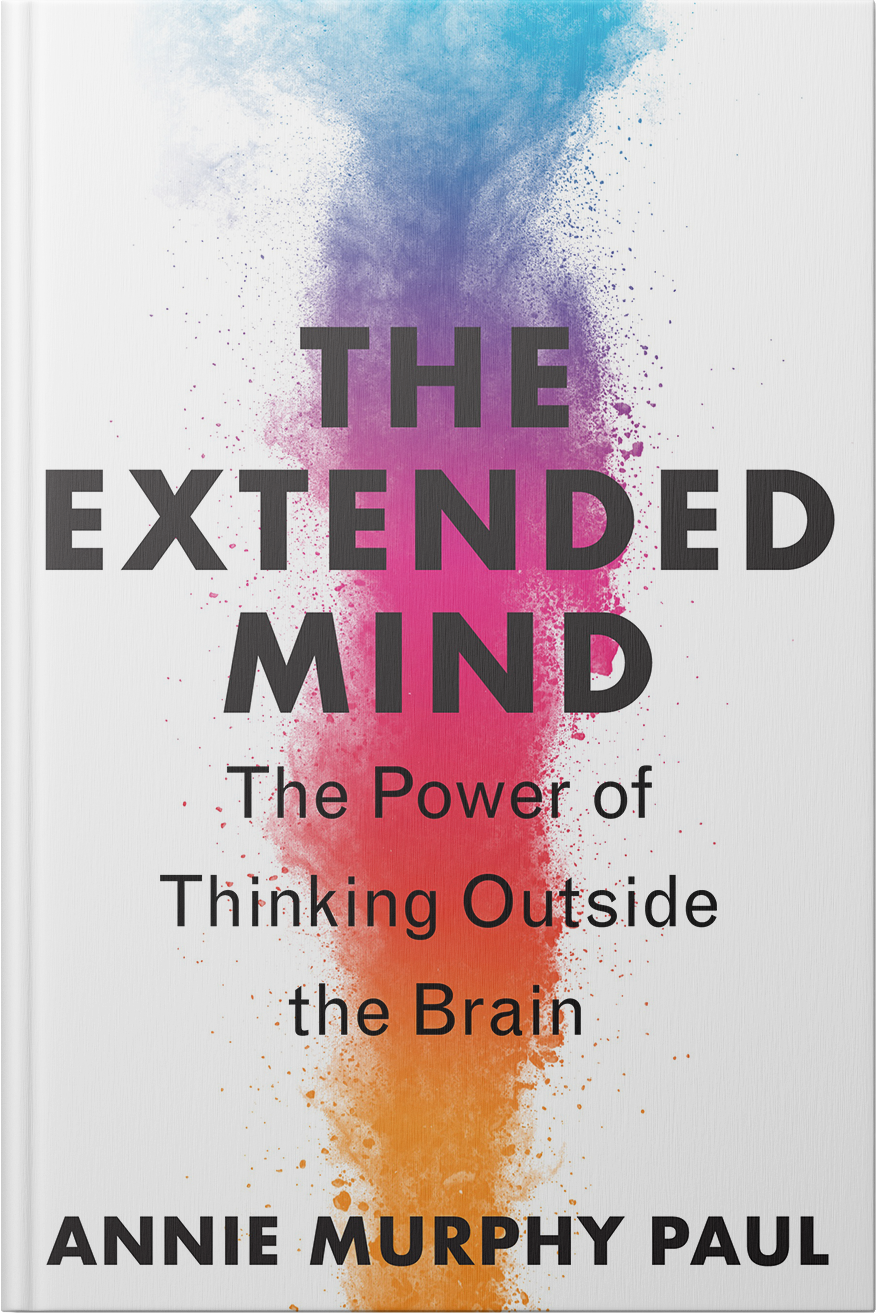“Prospective memory”—the ability to remember to act on our intentions—declines with age. But older people can perform on a par with younger ones when they use their extended minds: that is, when they rely on the external environment to provide cues and reminders.
This process is known as “cognitive offloading.” It involves moving the intentions we form out of our forgetful minds and onto the more stable and reliable stuff of the world.
Researchers Sam Gilbert and Chiara Scarampi are interested in the use of such external-memory strategies across the lifespan. Offloading may be “particularly beneficial for older adults,” they note, “to compensate for age-related declines in cognitive abilities.”
In a new study, Gilbert and Scarampi found poorer prospective-memory performance among older adults, as expected. But—in a result that surprised Gilbert—the older adults didn’t always compensate for their less-robust memories by setting reminders for themselves.
Older adults appeared to be overconfident about their capacity for remembering, and so they didn’t use external memory supports as much as they should have.
Older people might benefit, the authors conclude, from training that helps them become more aware of the fallibility of their unassisted brains, and more appreciative of the benefits of cognitive offloading.
I myself would add that all of us, at every age (including schoolchildren) should be taught how to use our extended minds—how to compensate for the brain’s limits by using “extra-neural” resources like our bodies, our surroundings, and the minds of other people.
We’re taught how to think with our brains—but we’re not taught how to think outside the brain, intentionally drawing in the external resources that can help us think better.
Here’s the paper by Gilbert and Scarampi
“Age differences in strategic reminder setting and the compensatory role of metacognition”
Sam Gilbert and Chiara Scarampi, in Psychology and Aging
